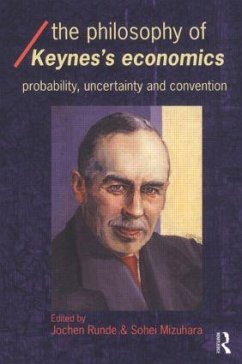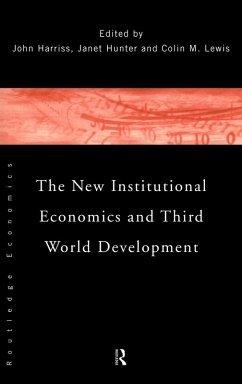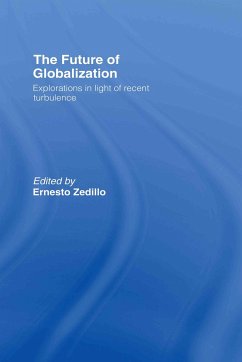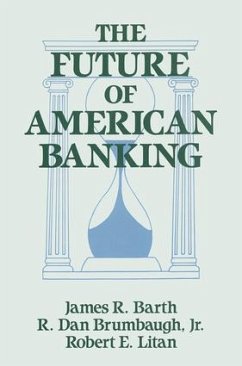
The Future of the Philosophy of Economics
Versandkostenfrei!
Versandfertig in 1-2 Wochen
199,99 €
inkl. MwSt.
Weitere Ausgaben:

PAYBACK Punkte
100 °P sammeln!
Originating from the International Network for Economic Method conference, hosted by the Erasmus Institute for Economics and Philosophy in 2013, this book chooses key themes that reflect on fascinating new developments in the philosophy of economics. Contributions discuss new avenues and debates in important and upcoming areas, such as the philosophy of economic policy making, decision theory, ethics, and new questions in economic methodology. The book offers an excellent insight into cutting edge research in these fields that are about to shape the future of the philosophy of economics. This ...
Originating from the International Network for Economic Method conference, hosted by the Erasmus Institute for Economics and Philosophy in 2013, this book chooses key themes that reflect on fascinating new developments in the philosophy of economics. Contributions discuss new avenues and debates in important and upcoming areas, such as the philosophy of economic policy making, decision theory, ethics, and new questions in economic methodology. The book offers an excellent insight into cutting edge research in these fields that are about to shape the future of the philosophy of economics. This book was originally published as a special issue of The Journal of Economic Methodology.














